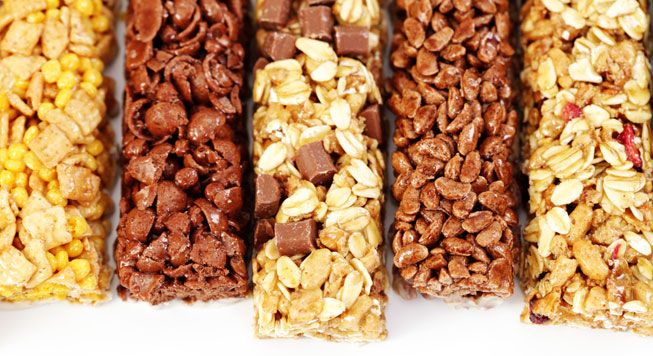You’ve probably heard about the benefits of fiber from your doctor, a health magazine, or commercials that advertise fiber-rich cereals as integral to your health. High-fiber diets are popular for their ability to decrease your risks for diseases like cancer, heart disease, type II diabetes, gallstones, and kidney stones. As a result of this reputation, many people have increased their fiber intake. While making the decision to add more fiber to one’s diet is definitely beneficial, it’s also important to understand how fiber works to know how much you actually need. Simply loading up on fiber because you hear it’s good for you can throw your body off balance. In other words, consuming high levels of fiber can actually can be counterproductive.
Fiber is the go-to nutrient for constipation relief because it increases digestive motility. People who buy all the Fiber One products, opt for whole-wheat bread, and take fiber supplements can still experience constipation; however, if you find yourself in this predicament, the source of your problem could be the lack of water. Fiber absorbs water in the bowel and enables stool to pass through the intestine smoothly. If the ratio of fiber to water is too high, fiber will not be able to carry out its functions in the body. So, if you consume a lot of fiber but do not stay well enough hydrated at the same time, constipation may result.
A balance between water and fiber is essential for maintaining digestive health and having regular bowel movements. So how much fiber should we eat? Doctors recommend eight cups of water and 25 to 30 grams of fiber per day. While supplements are good alternatives for those who have dietary restrictions or dislike fiber-rich foods, some of the best sources of fiber come directly from whole grains and produce. Dark leafy greens in particular are nature’s best illustration of the balance between water and fiber: they provide fiber to increase digestive motility and the water that the fiber needs to pass stool through the bowels.
The key to maintaining optimal health is to always strive for balance. The next time you reach for that fiber bar, remember to keep yourself hydrated, too. Drink a tall glass of water with that snack.
Article by Elizabeth Lopez
Feature Image Source: Hate My Guts
























